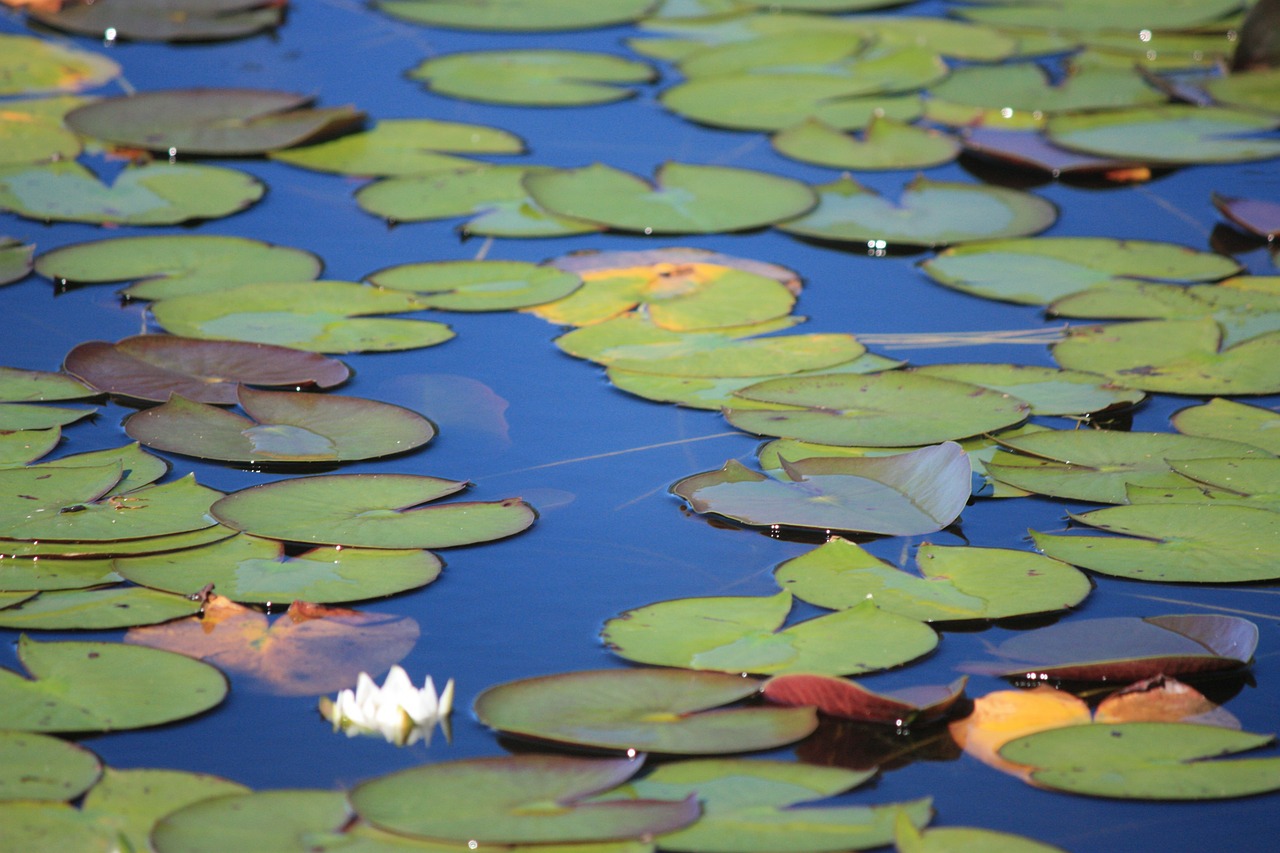Thanks to the Heritage Lottery Fund (HLF) more than £1.3 million has been awarded to a scheme designed to train a wide variety of people as “citizen scientists”, enabling them to monitor and protect ponds and streams that play home to a large amount of British wildlife.

The £1,344,500 donation was awarded to the Freshwater Habitats Trusts for a project set to span three years, during which volunteers ranging from schoolchildren to watersports lovers will be trained to help understand and tackle the misfortunes currently affecting English and Welsh freshwater habitats.
The main aim of the funding is to help reduce the drastic decline in freshwater wildlife, which according to WWF’s recent Living Planet report has seen populations drop by three-quarters since the 1970s. Through the scheme, called the “People, Ponds and Water Project”, the citizen scientists will build a picture of how British waterways are holding up. By identifying the condition of the best and most damaged streams, ponds and other wetland areas, action can be taken to protect or clean up these areas.
Due to the high levels of farming that occur in the country today, ponds are becoming increasingly important for the survival of wildlife, with more and more species taking refuge in garden and countryside ponds. According to research from the Freshwater Habitats Trust they now provide a home for more than two thirds of the freshwater creatures in the UK, including the endangered natterjack toads and mud snails.
Some of the HLF funding will go towards a ‘clean water for wildlife survey’, which will involve thousands of volunteers including school and community groups surveying different water bodies for nitrate and phosphate – two key pollutants. This water quality testing will enable scientists and conservationists to better understand what is happening in the waterways, and act upon the results. If you want to know more about water testing and relevant Aquaread equipment, take a look at this information.
Getting people involved in monitoring and protecting British ponds, streams and other bodies of water is a fantastic way to get our society interacting with the environment, empowering people to do something positive to support the landscape around them. Tom Tew, a former chief scientist at Natural England and trustee of HLF, told The Guardian: “Helping people across the country to reconnect with nature – through recording the wildlife associated with our coasts and ponds – will make a really positive long-term difference both to people’s enjoyment of the countryside and to the state of nature.”
